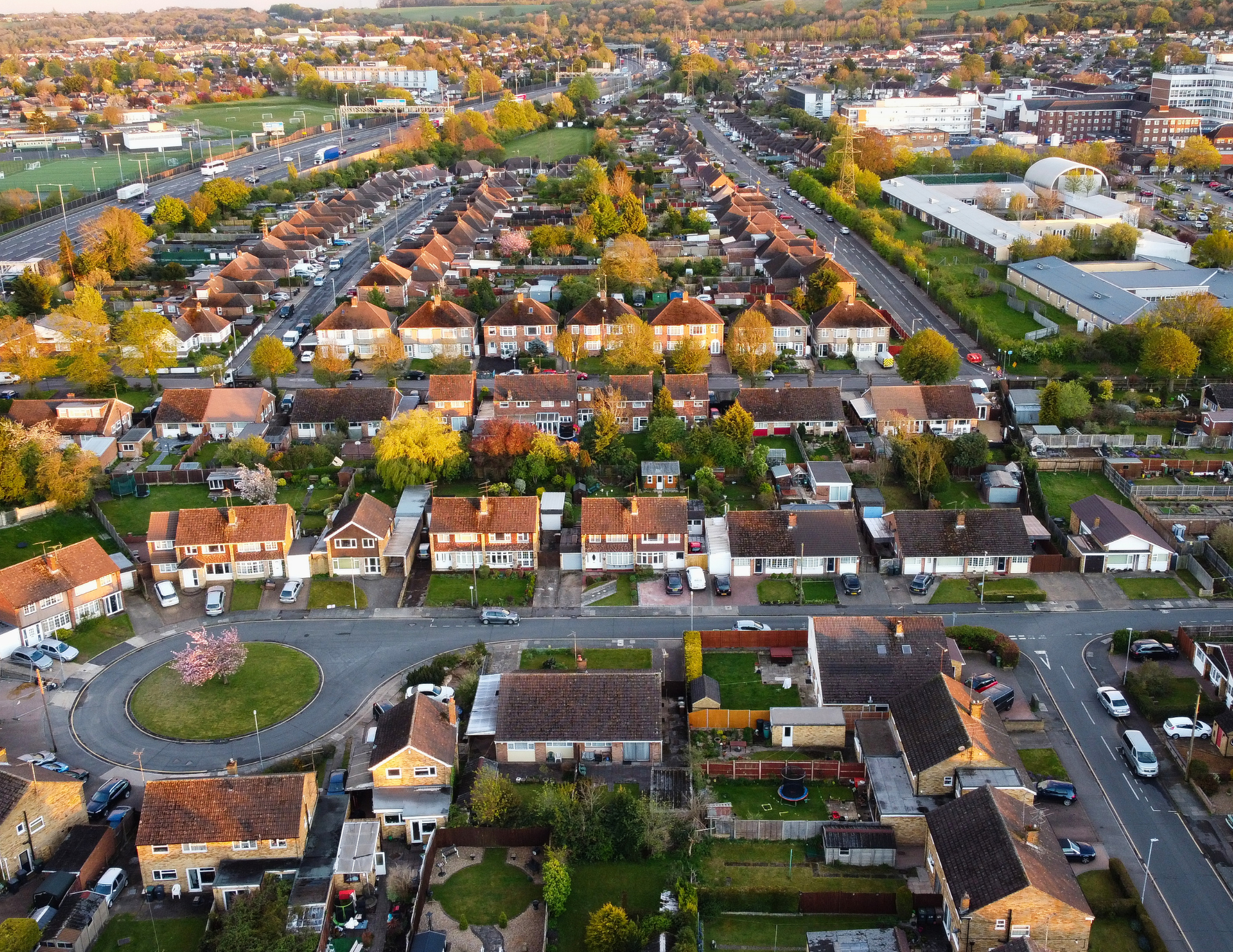
One of the most neglected due-diligence duty done by homebuyers is a thorough screening of the prospective neighborhood. There is a Russian proverb that goes: ” Don’t buy the house, buy the neighborhood.”
While prospective buyers spend a lot of resources on the home inspection, various surveys and appraisals, they often settle for a cursory examination of the block or neighborhood that is destined to become their habitat.
Here are a few important tips on what research you should be doing on a neighborhood you intend to settle in:
- Inspect the neighborhood at various hours. Most buyers only see the neighborhood during business hours. Park your car down the street on a Saturday night or Sunday morning and walk around the block. Look for rowdy neighbors, listen to the traffic from nearby highways, listen for ear splitting train horns… It’s a great idea to drive around the block at odd hours of the day or night to get a better feel.
Are there many homes in the neighborhood that are up for sale? If so, this could be disconcerting. If you feel bold enough, try and strike up conversations with people who live on your intended street.
- Conduct a criminal search of the area. Is the area prone to break-ins, car thefts and other offenses? Is there a Neighborhood Watch on the block? In your conversations with the area residents ask about the security of the area.
- Do your homework on the schools in the area. This is very important if you plan to have kids, or have a very young family. The quality of the School District has a lot to do with the resale value, so ask questions about class size, enrollment growth and adequate school funding. The last thing you want to do is to move into a neighborhood and find that your kids cannot attend the local schools for whatever reason.
- Check the survey on your lot boundaries. If you decide to install a new fence, find out beforehand about your property boundaries. There is nothing more discouraging than moving into a new home, planning on a new fence and finding out that your actual boundaries are out by a few feet. You may end up losing some of your lot size. On the other hand, you may gain, but the last thing you want is a confrontation with your neighbor.
- Investigate empty lots around your block. An empty lot in the area can come with some nasty surprises if it has commercial zoning. This means that instead of just another house, that lot may someday yield a convenience store or fast-food restaurant, with the requisite noise, lighting and traffic. Find out from your agent or the city what’s allowed there.
Finally, practice your commute from your prospective neighborhood. A home that’s closer to work doesn’t necessarily mean a faster drive time because of congested feeder roads and other factors. Study your mass-transit options as well, just in case. Determine if the area’s service and leisure options are adequate and close enough for your tastes.
Bottom line – do your homework! Want to discuss a property sale or buy? Why not contact us? Our experienced Real Estate professionals will give you the benefit of their knowledge and expertise.
Sign in
Please fill out the form below to sign in to your account.
Create Account
Please fill out the form below to sign up.
